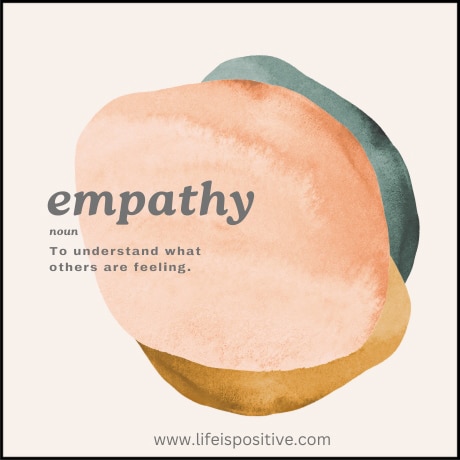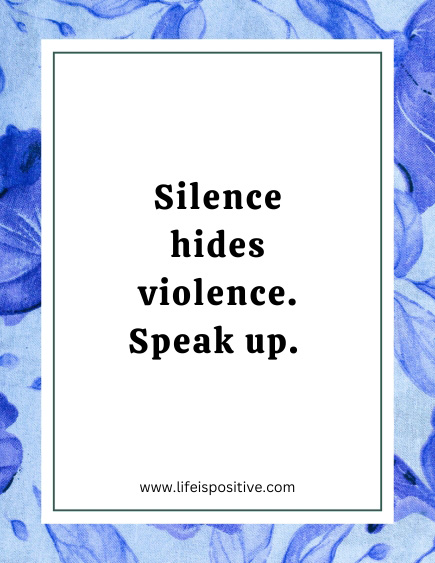|
Getting your Trinity Audio player ready...
|
No parent wants to imagine their kid might be a bully. But catching the warning signs early can make a big difference.
If you’ve seen some changes in your child’s behavior and you’re worried, this guide’s got you covered.
We’ll walk you through the signs to watch out for and teach you how to steer your child towards better behavior. Let’s jump in and explore what to look for!
1. Frequent Aggressive Behavior
One major red flag is frequent aggressive behavior. If your kid often hits, pushes, or gets physical when they’re upset, it might be a sign of bullying tendencies.
Keep an eye on how they treat their siblings, friends, and even pets to get a better sense of their behavior.
2. Lack of Empathy
Another big warning sign is a lack of empathy. If your child doesn’t seem to care about others’ feelings or even takes pleasure in seeing others upset, that’s a red flag.
Empathy is super important for connecting with people and understanding their perspectives. Keep an eye out for this one!
Read: How Bullying Affects Mental Health
3. Manipulative Behavior
Manipulative behavior is another sign your kid might be a bully. This can show up as trying to control others through deceit, lying, or emotional manipulation.
If your child often uses these tactics to get their way, it’s definitely something to keep an eye on.
4. Defensive Attitude When Confronted
If your child gets super defensive when you call them out on their behavior, it might be a red flag. Bullies often dodge responsibility, blaming others or denying any wrongdoing.
Keep an eye out for defensiveness or anger when you try to talk about what they’ve done.
5. Frequent Complaints About Others
Does your child frequently complain about others, saying things like “Everyone is mean to me” or “They’re always picking on me”?
While it’s normal for kids to have conflicts, constant complaints could be a sign that your child is creating a story to justify their own behavior. Keep an eye on this pattern!
6. Desire to Dominate Peers
If your child always wants to be the boss and gets upset when they’re not, that could be a sign of bullying tendencies.
Bullies often have a strong desire to dominate their peers and assert control. Keep an eye out for this power struggle behavior!
Read: 8 Hidden Causes of Trauma: What You Haven’t Been Told
7. Unexplained Possessions
If your child suddenly has new toys, gadgets, or money without a clear explanation, it could be a sign they’re taking things from others.
Bullies might steal or extort items from their peers. Keep an eye on unexplained possessions and question where they came from.
8. Frequent Conflicts with Authority Figures
Frequent run-ins with authority figures like teachers or coaches can be a red flag.
If your kid is often in trouble at school or clashes with adults, it might point to a bigger issue with respecting others and following rules. Keep an eye on those authority conflicts!
9. Social Isolation or Constant Need for Approval
Interestingly, social isolation or constantly seeking approval can be warning signs. Some bullies act out because they feel left out and crave attention, even if it’s negative.
Others bully to get approval from certain peers. Keep a close eye on your child’s social interactions.
10. Friends Who Exhibit Bullying Behavior
Lastly, if your child’s friends are known bullies, your kid might be picking up on their behavior. Peer influence is super powerful, and kids often mimic those they admire or want to fit in with.
Keep an eye on who your child hangs out with and how those friends act.
Read: 12 Signs of Child Abuse That Are Easy to Miss
What to Do If You Notice These Warning Signs
If you recognize some of these warning signs in your child, it’s important to address the issue promptly and constructively. Here’s how you can help:
1. Have an Open Conversation
Start by having a relaxed, honest talk with your child. Use a calm, non-judgmental tone to discuss your concerns. Ask about their behavior and feelings to get their perspective. Let them know bullying is not okay and explain how it affects others.
2. Set Clear Expectations and Consequences
Set clear expectations for behavior and lay out the consequences of bullying. Make sure your child knows what’s okay and what’s not. Consistent consequences will help reinforce these expectations and keep things on track.
3. Teach Empathy
Work on developing your child’s empathy. Encourage them to consider how others feel and the impact of their actions. Role-playing scenarios and discussing emotions can be effective ways to build empathy.
4. Monitor Their Activities
Keep a close eye on your child’s activities, both online and offline. Bullying can occur in various forms, including cyberbullying. Be aware of their interactions on social media and other online platforms.
5. Encourage Positive Friendships
Encourage your child to form positive friendships with peers who exhibit good behavior. Help them understand the importance of healthy relationships and how to be a good friend.
6. Seek Professional Help
If the behavior persists, consider seeking professional help. A counselor or therapist can work with your child to address underlying issues and develop better coping strategies. Sometimes, bullying behavior is a sign of deeper emotional problems that require expert intervention.
7. Be a Role Model
Model the behavior you want to see in your child. Show empathy, kindness, and respect in your interactions with others. Children learn a lot by observing their parents, so be mindful of the example you’re setting.
Final Thoughts On Bully Child
Spotting the warning signs that your child might be a bully is the first step in tackling the issue. Act quickly and thoughtfully to guide them toward better behavior.
The goal is to help them understand the impact of their actions and grow into kind, respectful individuals. Bullying can have lasting effects on both the bully and their victims.
Read: This One Habit Will Make Your Kids Behave Better Than Ever
By addressing these signs early, you can prevent more harm and create a healthier environment for everyone involved. Parenting is tough, but with patience, understanding, and proactive steps, you can make a significant difference in your child’s life.
Keep these warning signs in mind, and don’t hesitate to seek help if you need it. Together, we can work toward a world where every child feels safe, respected, and valued.
For more empowering content, connect with our vibrant community here ➡️ Social Media.




